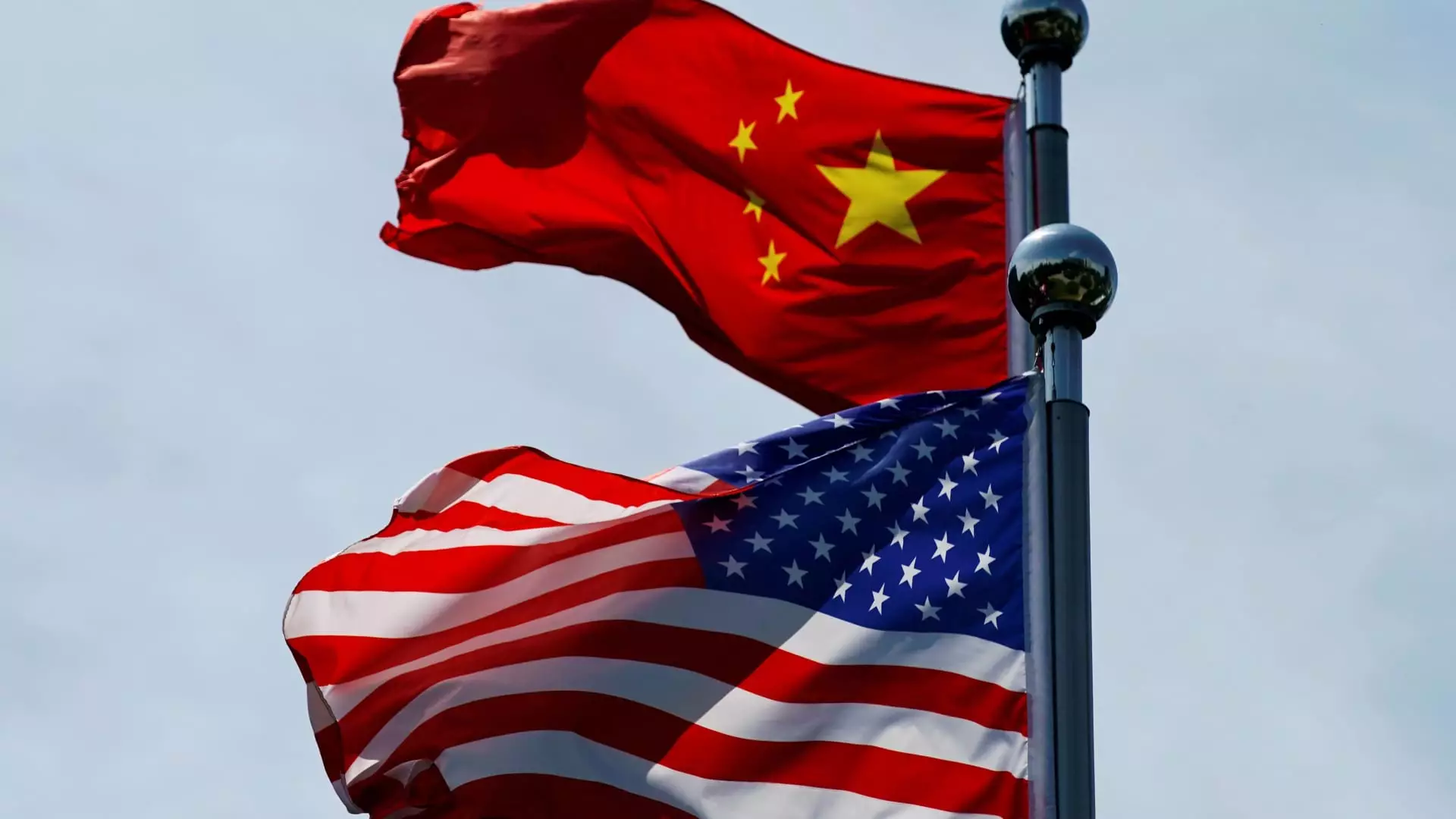The announcement from President-elect Donald Trump regarding the imposition of new tariffs marks a significant hinge in U.S. trade policy, particularly concerning relationships with major economic players like China, Mexico, and Canada. Trump’s intention to raise tariffs by an additional 10% on all imported Chinese goods, alongside a proposed 25% tariff on products from neighboring partners, signals a departure from previous free trade approaches. This strategic move raises questions about economic impacts, international relations, and domestic industries.
Underlying Motivations: Drug Trade and Economic Strategy
The impetus behind these tariffs pivots around Trump’s claims of illegal immigration and the influx of synthetic opioids, particularly Fentanyl, flooding into the U.S. from Mexico and China. In his statements, Trump emphasizes the failure of Chinese authorities to impose stringent penalties on drug dealers, a point he uses to justify his protective measures. The assertion that “drugs are pouring into our Country” illustrates his administration’s focus on combating substance abuse issues, a public health crisis sweeping across the nation and responsible for tens of thousands of deaths annually.
While protecting U.S. citizens from drug-related harms is a legitimate concern, this approach risks conflating economic policy with criminal justice issues. It suggests that creating economic barriers could serve as an effective deterrent against illicit drug activity. However, the efficacy of such tariffs in resolving the drug problem remains highly debatable and may oversimplify the complexities of the illicit drug trade.
Economic Repercussions: National and Global Considerations
From an economic perspective, the implications of Trump’s proposed moves may be far-reaching. According to Kinger Lau from Goldman Sachs, the anticipated 10% tariff is lower than market expectations, but it nonetheless poses challenges for various sectors within the U.S. economy. For manufacturers and retailers, higher import costs could translate into increased prices for consumers, exacerbate inflationary pressures, and even trigger a slowdown in economic growth.
Furthermore, Trump’s tariffs could provoke retaliatory measures from China, which might lead to a trade war affecting several industries reliant on cross-border trade. The interconnected nature of today’s global supply chains means that the fallout could be felt not only in the U.S. but also across numerous international markets. As China is a crucial supplier for many American companies, a sharp rise in tariffs threatens to disrupt existing arrangements and could lead to a decline in competitiveness for U.S. businesses.
Trump’s tariff proposals signify a dramatic realignment in trade policy that evokes strong reactions from both supporters and detractors. While his administration points to the necessity of protecting American interests, the broader question arises: can economic measures effectively combat complex social issues like drug trafficking? The potential for unintended consequences looms large as the U.S. navigates this new terrain. Ultimately, the success of these tariffs will depend on their implementation and the adaptability of the global economic landscape in response to such policy changes. As the date of Trump’s inauguration approaches, stakeholders across various sectors must prepare for a potentially tumultuous shift in trade relations that could alter both local and global economies.

